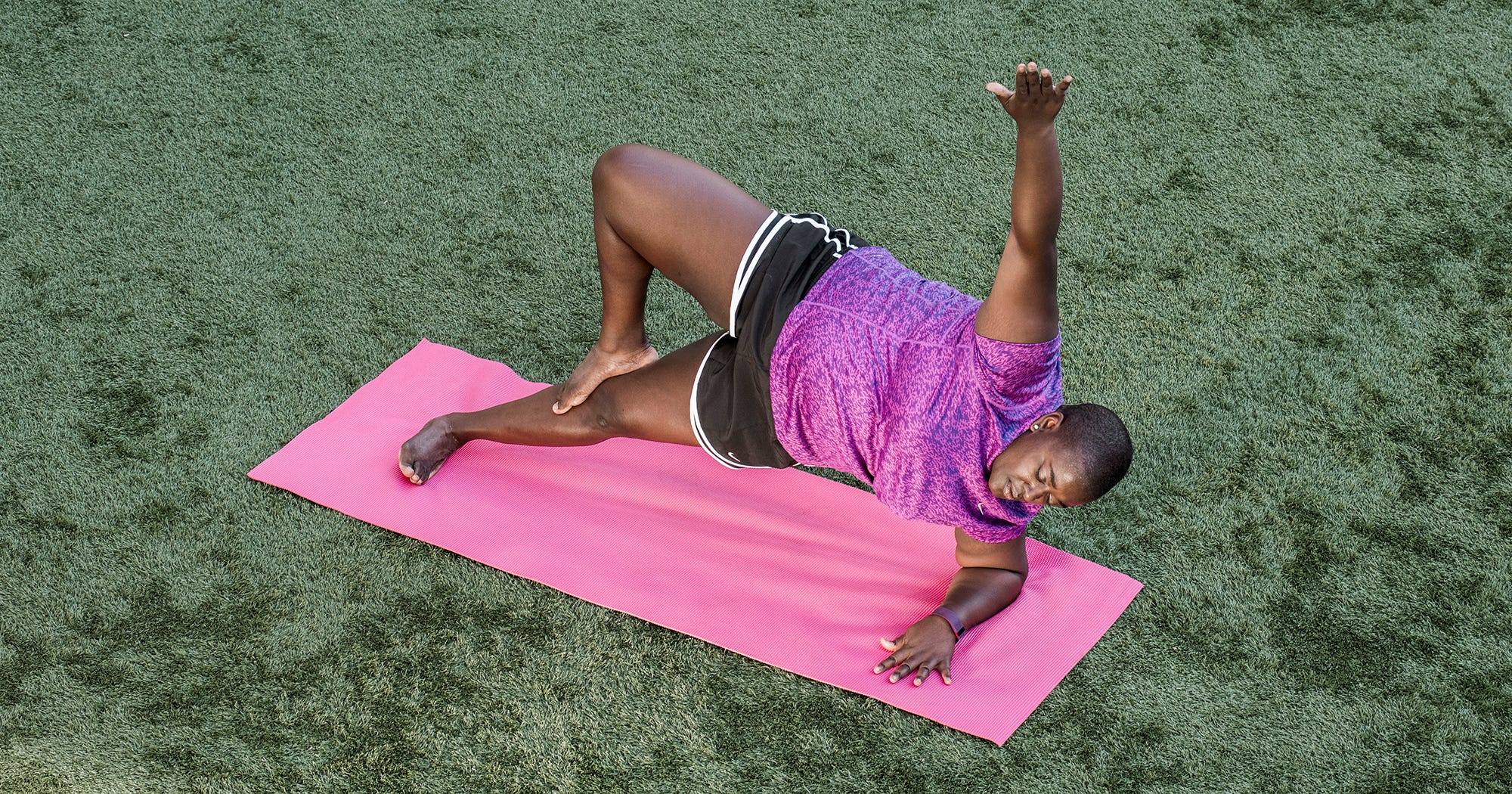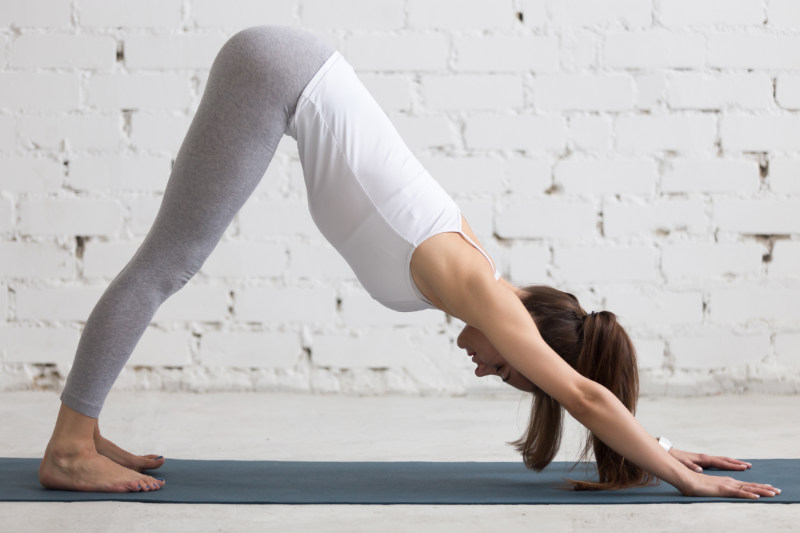
Before you start practicing hot yoga, you should be familiar with the following information: These are Precautions and Equipment. Once you know a few of these, you can start to get started. Read on for some helpful tips. Once you have completed your first session, make sure you hydrate to replenish any fluids lost during sweat. You should incorporate hot yoga into your routine if it was something you enjoyed. If you dislike it, find a different style.
Precautions
Hot yoga beginners should be aware of some safety precautions. These include understanding your limits and not pushing through when you feel too hot. Be sure to inform your instructor of any medical conditions. If possible, consult your doctor before you go. Talk to your doctor about hot yoga if you're new. For more information, please visit the American College of Sports Medicine site.
Equipment
When you begin your journey into hot yoga, there are several pieces of equipment you should have. Many yoga studios supply props and yoga mats. But a newbie might prefer to own some. To improve your postures, the yoga mat is the best piece of equipment. You can take your yoga practice to the next level by adding yoga blocks and straps to it.
Preparation

Prepare yourself for your first class in a hot yoga studio by learning more about yoga, the benefits, and the yogic lifestyle. You should also prepare yourself for the heat by drinking plenty of water. One teaspoon of coconut oil may be mixed with electrolyte. A balanced diet with complex carbohydrates, healthy fats, and lean protein will provide you with a powerful workout.
Language
It's common to stumble upon unfamiliar words when you first begin a hot yoga class. That's because the instructor is most likely speaking Sanskrit, one of the oldest human languages. But don't worry! You will soon learn the language. A good defense against naysayers is to have a solid knowledge of yoga history and yoga yoga. In this article, you'll learn some of the essential vocabulary for beginners.
Cues
Hot yoga beginners need to be aware of a few key cues. As a yoga instructor, your job is to ensure your students are able to understand what the cues means. Depending on your experience, the cues might mean different things to different people. It is important to communicate with your instructor before class to let them know how you feel, and what poses to modify. An excellent yoga instructor will be able adapt poses to suit different health needs.
Hydration
If you are new to hot yoga, the most important part of hydrating properly is drinking plenty of water. Your reusable water bottle can be filled up after your workout. Then, drink it as soon and as you feel thirsty. Water should be consumed for at least 30 seconds after your workout. Foods rich in magnesium or potassium are great for hydration. These foods are great for replenishing electrolytes after a hot yoga session.
Getting bendy

It is easy to wonder how to get benty if you are just starting out in hot yoga. Make sure you drink lots of water. Make sure to drink plenty of water, and make sure your pee is clean. Do not get sloppy or drink gallons before class. Keep hydrated.
FAQ
Is it more important to have mental health than work?
Everybody needs to be healthy, especially when they are working. It is important to take time to relax, whether you're at work or with friends.
Talk to your supervisor or boss if stress is a problem. They may be able offer suggestions to ease your stress.
It is also important to take care of your health. It is important to eat well, exercise regularly, and get enough rest.
What is positive psychology and why is it important?
Positive psychology emphasizes what makes us feel good about ourselves. This includes happiness, optimism, gratitude and hope. Positive psychology aims to make people happier, healthier, more wiser, and better through self-improvement.
There are two types of positive psychology: trait positive psychology and process positive psychology. Trait psychology studies how people naturally behave. Process positive psychology studies how we can use certain strategies to achieve specific goals.
What causes adolescents to have mental health problems?
Adolescence can be a time in our lives when we are beginning to define ourselves. We discover who and where we belong as individuals.
This is a time when we make new friendships and have romantic relationships. These experiences can cause stress.
Although stress is natural, it's important to seek treatment if you are experiencing excessive stress.
Although you might believe you are capable of handling things on your own, sometimes you need to talk to someone else.
Your friends and family members can provide support during times of stress. You may find them able to offer support and help you deal with stress.
For example, you could take up exercise or meditation. Both activities can help reduce stress.
A group, such as a church or sports team, is another option. You will make new friends and meet new people.
Why is it so important to improve our emotional health?
Emotional health is essential for happiness and well-being. If you don't feel emotionally healthy, you won't be able to perform at your best. Depression can make it difficult for people to perform at their best. Anxiety, panic attacks or insomnia may be common symptoms. These conditions can be successfully managed with medication and therapy.
What should I do if I am experiencing mental health issues?
It's imperative to seek help when you're struggling with any mental health issue. You might have experienced some sort of trauma or abuse in the past. You might have experienced trauma or abuse in the past.
Another type of mental illness you might be experiencing is an addiction or eating disorder. These disorders can cause serious damage to your life.
You should not attempt to resolve them by yourself. You should speak to someone who understands what you're going through. These challenges can be overcome with the help of a professional therapist.
How does mental health affect my relationships?
Your mental health affects every aspect of your life. Your ability to function at work, school, home and at school can be affected. A mental illness can make it difficult for you to have meaningful relationships.
It's easy for people to judge you when you have a mental illness. Sometimes you might avoid social situations because it feels like no one understands.
People want to be near you. You just have to be approachable.
So, if you're having trouble connecting with others, try talking to them about your feelings. Ask for their guidance and tell them how you feel.
Statistics
- According to the National Alliance of Mental Illness (NAMI), one in five Americans experiences mental health issues which translates to more than 40 million adults a year. (doctorondemand.com)
- In any given year, an estimated 18.1% (43.6 million) of U.S. adults ages 18 years or older suffered from any mental illness, and 4.2% (9.8 million) (healthypeople.gov)
- Neuropsychiatric diseases are the leading cause of death and disability in the U.S., accounting for 18.7 percent of all years of potential lifespan loss and premature mortality.
- More than 40 million adults in the United States have an anxiety disorder, but less than 37% of people seek mental health treatment for their symptoms. (talkspace.com)
- It means no drinking any alcoholic beverages and no taking any drugs that aren't 100% natural.
External Links
How To
How to Improve Memory
Memory is one of those things that everyone wants to be able to remember better. Unfortunately, memory loss can happen to anyone at any time. In fact, more than half of Americans over 65 suffer from some form of dementia.
It doesn't matter whether you're dealing with Alzheimer's, dementia, or other forms of cognitive decline; you have a lot of options when it comes to improving your memory. These are the three steps that you can take today to improve your memory.
-
Eat More Fruits & Vegetables. Vegetables and fruit contain vitamins, minerals, antioxidants, fiber, and other phytochemicals that can improve brain function. They also have essential nutrients that protect against neurological disease.
-
Get enough sleep. Sleep deprivation has been linked to poor concentration and memory loss. Get seven to eight hours of sleep each night.
-
Take a walk. Walking stimulates blood flow, which increases memory. Plus, walking helps keep weight off your belly, so you look slimmer and healthier.